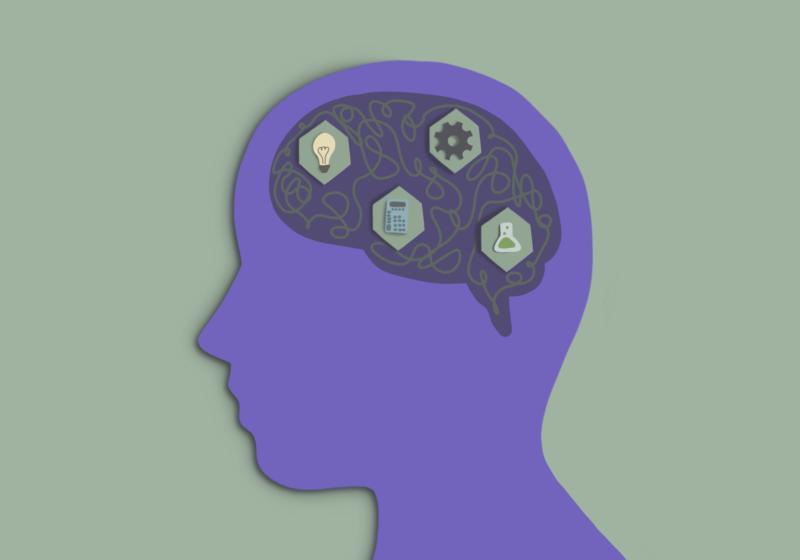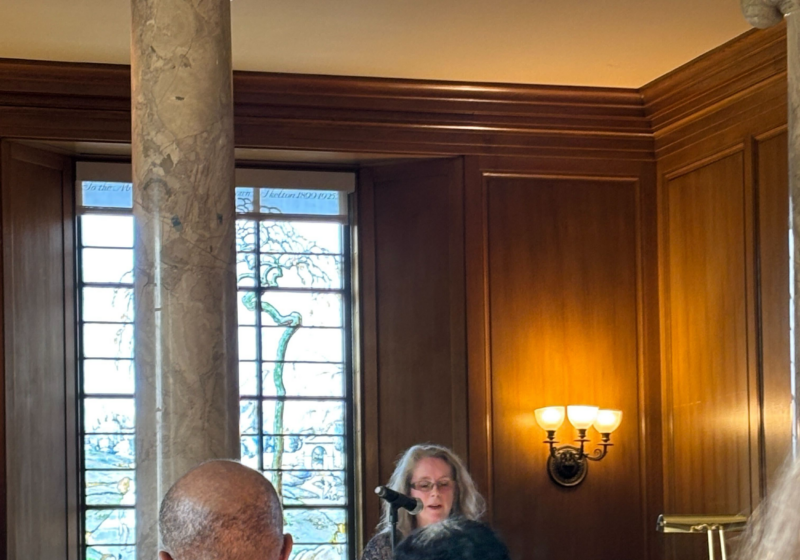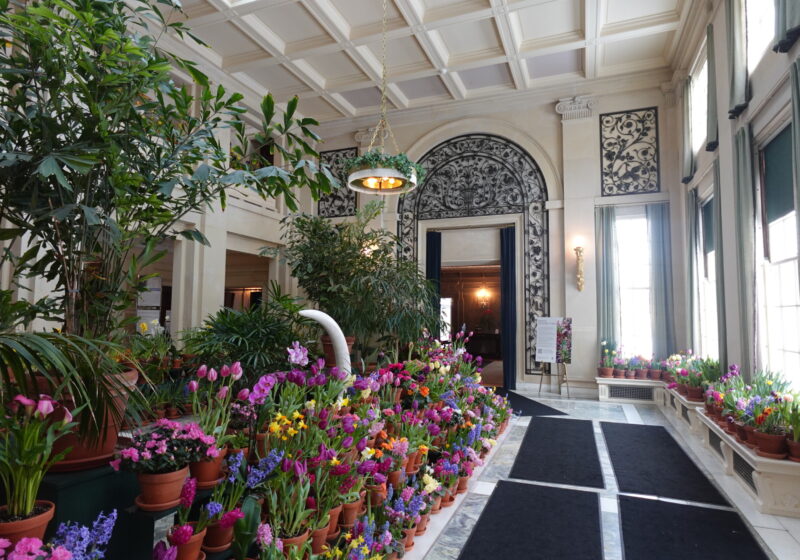This past summer, about halfway through my summer research with the biology department, I began feeling nostalgic for my days as a CT Humor editor. I love my job and adore my research, but it’s busy, and has left me with little time for much else. Aside from humor writing — a wonderful habit that you should totally aspire to — some habits I had sophomore year that you should not aspire to include reading Charles Bukowski, gray-area drinking, sliding into Instagram DMs, telling everyone that I’m changing my major to philosophy for attention, and being outwardly badass but inwardly insecure.
Basically, I was a normal college kid, arguably with a little extra sauce. My sophomore year was during the peak of the pandemic, and we all deserve a break for our COVID-fueled behaviors. Most of us are normal, and none of us are broken. Since I’m writing an Opinions article, I’m going to share my opinions and what little wisdom I’ve gained these past three years of college. You’re welcome.
On a whim the other day, I started picking through my old articles, and it brought up a complicated slew of feelings. A couple of them are intentful and satirical. Another few are funny and harmless. Others are moralistic and mean, but amusing in the tradition of a brazenly embittered stand-up comic — think curmudgeons like Marc Maron or George Carlin (generous, I know).
There was one article from sophomore year, though, that I had a hard time with. I tried to get it taken down. Apparently, though, CT and most publications have policies against self-censorship, even when your argument over email is something irrefutable like “I don’t like it anymore.” As a sophomore dude with tendencies toward anger and carelessness, I had never stopped to consider that, one day, maybe even before I left college, I might regret what I wrote.
The article in question is called “The major flaws with each major in STEM.” It was supposed to be a Comedy-Central-style roast of all STEM majors — that’s right, the whole lot of ‘em. All in one go. Except, apparently I left out engineers.
The title is innocuous enough. The content though, I’ve realized, reflects attitudes of internalized ableism, and is essentially disrespectful of a wonderful discipline that I’ve come to recognize as a refuge for talented neurodiversity. Since I can’t delete my STEM major roast article Vladmir Putin style, I thought I’d take a more democratic approach with a bit of reappraisal now that I’ve officially got my big-boy pants on.
After learning of my ADHD and confounding mental health condition, both late diagnoses, biomedical research has provided me with an invaluable sense of belonging and validation. I started in a biomedical research lab over at URMC around the same time I was diagnosed with ADHD. Before then, I tended to see myself as careless, lazy, and even stupid. Growing up and until the last couple of years, I couldn’t escape the label of underachiever.
To this day, I have trouble following directions on my assignments and exams. I get stuck on things that interest me. I miss lots of details. I spend the bulk of my time in my own head. These qualities disadvantage me in most contexts. In my research, though, my ADHD starts to look a lot more like an asset. Through research, I’ve met people that understand the way I think, which is not thinking worse, but thinking differently.
Positive experiences with my ADHD diagnosis in my research and with UR’s STEM program make it frustrating for me to look back on that article and see ableist jokes, especially directed towards aspiring scientists — some of whom probably have a similar story to mine. Even though I think the ableism of these jokes is more on the subtle side, I wanted to address them, maybe even in the spirit of our Meliora values.
At the time of their writing, I thought my “physics majors have bad personal hygiene” jokes, my “scientists don’t understand metaphors” jokes, and my “scientists can’t read or write” jokes were just that — funny and innocent jokes. I had no mal intent. Looking back, however, it’s clear to me that these jokes came from a place of inadequacy and of ignorance.
I was ignorant of how executive dysfunction can interfere with habits of personal hygiene. I was ignorant of how some people can’t understand metaphors, despite the fact that they may wish to. I was ignorant of how conditions like dyslexia, ASD, and even ADHD can interfere with a person’s ability to read and write, at least against a neurotypical standard. I attributed these qualities to mental failings that could be controlled rather than cognitive differences that reflected physical limitations of an individual’s brain. That’s ableism in a nutshell (the same logic applies to physical disabilities).
I was raised around ableist jokes. I went to high school with them (I bet you did, too). These are the kinds of jokes I sit through without flipping shit, at least so far, every holiday season. These jokes are common; they are mediocre. Whether we like it or not, ableist jokes are a part of life and a part of being in the world. That doesn’t mean we have to like them or that we can’t push back against them. To me, though, the most effective way of pushing back is to discuss these things openly and charitably. It’s to give people a chance to take responsibility for their ignorance, even if it’s uncomfortable, difficult, or painful, which it usually is.
So here I go, taking responsibility for my ignorance. Jokes always point to some sort of meaning. Good jokes point to truth. Mediocre jokes point to ignorance, and often, complicity. My jokes in that article are mediocre jokes that demean neurodiversity, and specifically, neurodiverse scientists, of which I am one. Knowingly or not, they demean and diminish the skeptical, insatiably curious, veracious, and free-thinking community of human beings who use their talents to unmask the mysteries of the natural world.
My goal with this article is not to chastise myself, nor is it to be overly moralizing against ableist jokes. Intent matters, and each of us ought to approach ignorance charitably, at least to the best of our abilities. Most people mean well — of this I am certain.
My goal with this article is not to apologize. My goal is not to demonstrate feelings of guilt, although the feelings are there. My goal is to share a slice of my own personal experience, speak out about what I think is right, and move on — continuing to do what I believe in and what I’m good at as part of a community that accepts me for who I am.
What will I be doing this semester? I’d show you my notes, but you won’t be able to read my “meat-fisted” handwriting.






